Keywords: National Security
-
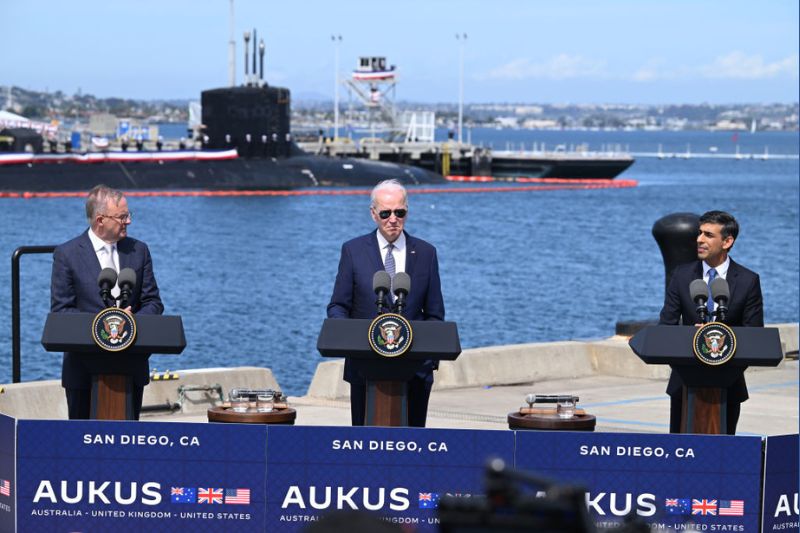
INTERNATIONAL
- Binoy Kampmark
- 28 March 2023
8 Comments
Australia's decision to partner with the US and the UK for the AUKUS pact has drawn scrutiny with questions looming about acquisition, construction and delivery of the nuclear-propelled submarines and a projected $368 billion outlay for up to eight vessels.
READ MORE
-

AUSTRALIA
- John Falzon
- 23 March 2023
11 Comments
As jobseeker payments are indexed for inflation, increased payments are still well below the minimum wage and age pension. With successive neoliberal governments dismantling social infrastructure, people living in poverty have little means of escape. Poverty is not a personal choice but a political one.
READ MORE
-

INTERNATIONAL
- Rodrigo Acuña
- 09 March 2023
4 Comments
The removal of Peru's democratically elected president Pedro Castillo has left the country in turmoil. But what were Castillo's policies that led to his downfall and imprisonment after 495 days in office?
READ MORE
-
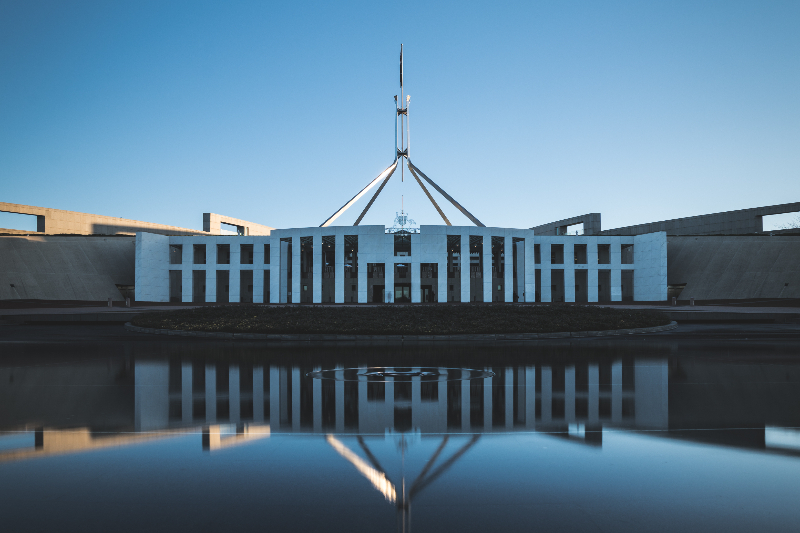
AUSTRALIA
- Frank Brennan
- 12 January 2023
In recent days, if you were to listen to the media reports, you could be forgiven for thinking that religious educators want to retain a right to exclude children or teachers from their schools on the basis of their gender or sexual orientation. Nothing could be further from the truth. Or nothing should be further from the truth.
READ MORE
-

AUSTRALIA
- David Halliday, Michael McVeigh, Laura Kings, Michele Frankeni, Andrew Hamilton, Julian Butler
- 21 December 2022
2 Comments
To close the year for Eureka Street, the editorial team wanted to nominate who we considered to be the Eureka Street ‘person of the year’ based on who we think somehow embody Eureka Street values.
READ MORE 
-
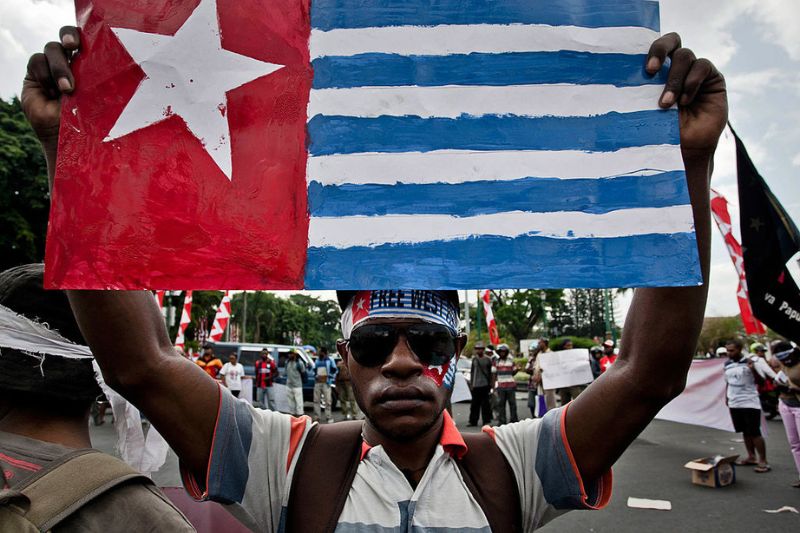
INTERNATIONAL
- Susan Connelly
- 01 December 2022
2 Comments
Filep Karma was found dead on a beach on 1 November, 2022. He was a respected and long-time activist for Papuan freedom. He was jailed in July 1998 and then released after eighteen months. In December 2004 he was again arrested and charged, being sentenced to fifteen years in prison. His crimes? Repeatedly raising the Morning Star flag.
READ MORE 
-
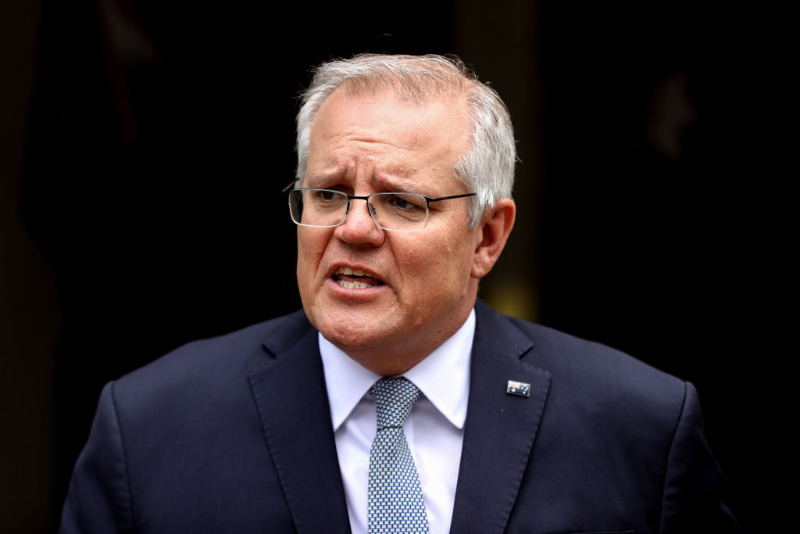
AUSTRALIA
- Binoy Kampmark
- 30 November 2022
1 Comment
In 2020 and 2021, Scott Morrison secretly had himself appointed to administer the health, finance, treasury, home affairs and industry, science, energy and resources ministries. The newly elected Prime Minister Anthony Albanese charged Former High Court judge Virginia Bell with the task of investigating the affair.
READ MORE 
-

AUSTRALIA
- David Halliday, Peter Mares, John Falzon, Nicola Nemaric, Rae Dufty-Jones
- 18 November 2022
1 Comment
Despite rising interest rates and the recent dip in property values, Australia’s housing situation places it among the least affordable property market in the world. With a rise in homelessness and younger Australians locked out of an inflated housing market, what is the way forward for Australia?
READ MORE 
-
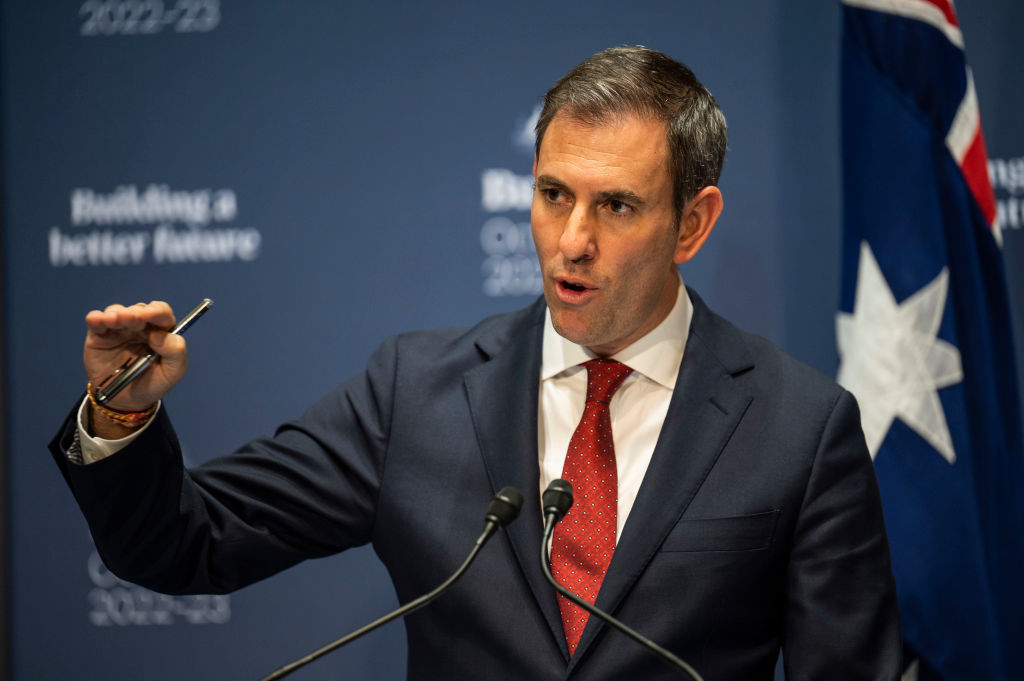
AUSTRALIA
- John Falzon
- 31 October 2022
3 Comments
In the first Chalmers budget we see a firm, albeit modest, assertion of the role of government in the long-term project of exiting the dismal and destructive era of neoliberalism and incrementally creating, in its place, a society where we have the collective resources to care for eachother, our planet and ourselves.
READ MORE 
-
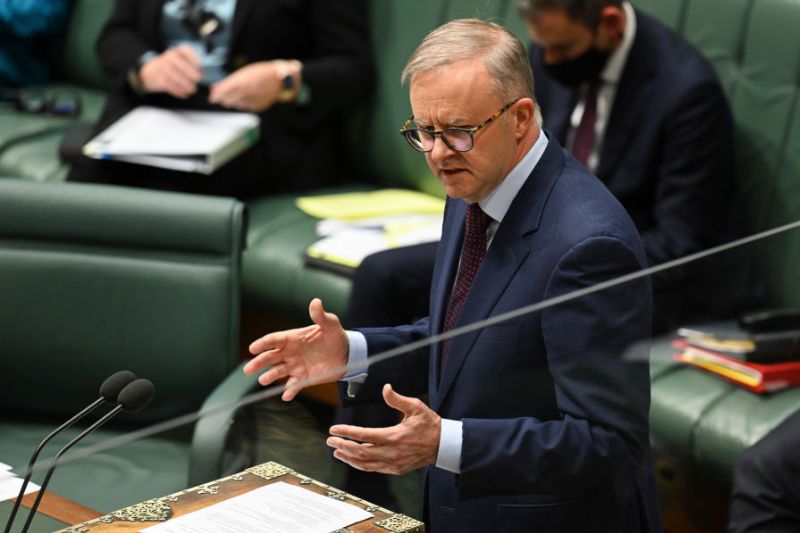
AUSTRALIA
- Frank Brennan
- 28 October 2022
6 Comments
In recent years, Australian policies in relation to asylum seekers and refugees have been unnecessarily mean, cruel and disorganised. The election of the Albanese government provides the opportunity for a reset, putting behind us the past mistakes of both Coalition and Labor Governments in the last 20 years.
READ MORE 
-

INTERNATIONAL
- Binoy Kampmark
- 25 October 2022
2 Comments
With the likes of David Beckham and Tim Cahill openly supporting the FIFA Men's World Cup in Qatar next month, what of those troubled sporting figures wishing to take an ethical, moral stand against a tournament’s organisers? To that end, a new, disingenuous form of protest has emerged, one of virtuous self-promotion that eschews substantive effect.
READ MORE 
-

RELIGION
- Miles Pattenden
- 15 September 2022
4 Comments
The Queen’s life of overt public religion — which led her to become perhaps the twentieth century’s greatest Christian evangelist — was grounded in her conviction in the Gospels’ truth. And she interpreted Jesus’ story generously and ecumenically, broadening her role from the narrow Anglican identity of Supreme Governor of the Church of England to become an advocate by example for faiths of every kind.
READ MORE 